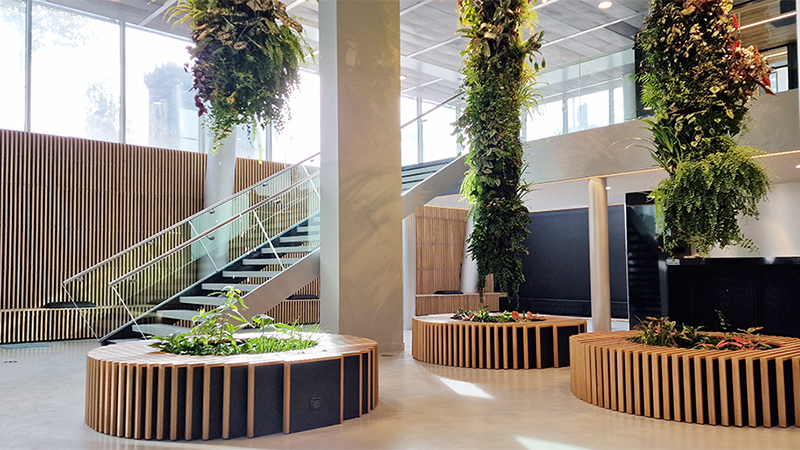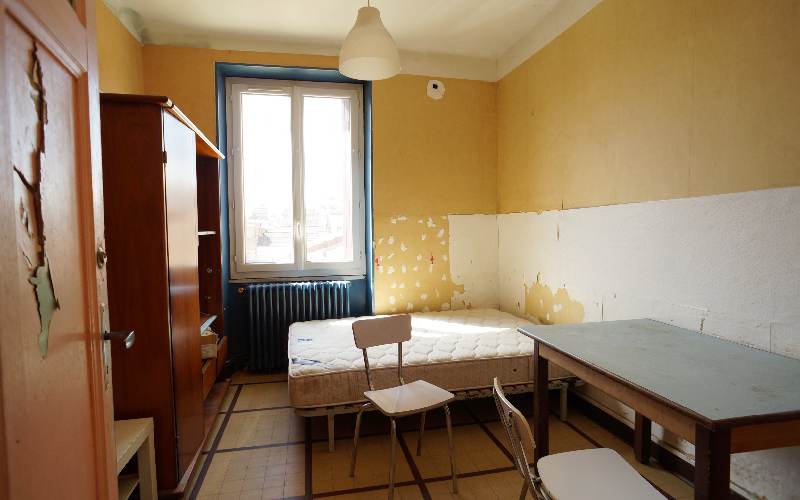In recent days, the government of Vladimir Putin has blocked access to social networks Facebook and Twitter in its territory, in addition to requiring that local Internet providers and government sites be hosted locally and that the Internet infrastructure to access be under control. Russian control. .
These measures precipitated by the war in Ukraine they are part of the quest for digital sovereignty that began several years ago in Russia. The objective of this search is twofold: to achieve technological independence from other countries (for reasons of competitiveness, but also for security) and to control the content accessible on the Internet.
This transformation of the Russian Internet represents what some call “Splinternet” (a compound word that combines the verb splinter, meaning “chunk” and the Internet), where the rules and technology at the heart of the Internet vary by country and region. The concept is not unique to Russia. China, with its own web giants and massive firewalls, already has a parallel Internet as well.
“The armed conflict in Europe is further alienating the world from the idea that the Internet is an open and universal domain,” laments in an opinion piece Scott Malcomson, author of the book Splinternet: How Geopolitics and Commerce are Fragmenting the World Wide Web (Splinternet: How geopolitics and commerce are fragmenting the web), published in 2016.
Complete shutdown of the Internet in Russia is unlikely
It is always difficult to predict the actions of Vladimir Putin, and Some observers wonder if Russia is about to completely cut off its internet from the rest of the world.thus limiting it to Russian sites and services.
For Alena Epifanova, a researcher at the German Council on Foreign Relations and co-author of an analysis of Russia’s quest for digital sovereignty, such a cut is unlikely. “The Russian economy is already seriously affected by the war, and blocking the Internet would be another big blow to it,” she said in an interview with News.
Unlikely, but not impossible, however, tempers the researcher specializing in Internet policy in Russia. “Unfortunately, we are witnessing a major crisis, so we cannot rule out this possibility. Vladimir Putin wants to do everything in his power to control information,” he recalls.
For the inhabitants of Russia, such a court would further limit the possibility of obtaining information from international or independent sources.
Unattainable technological autonomy
Russia’s other goal in its quest for digital autonomy, that of having an autonomous internet infrastructure, will be more difficult to achieve.
“Western control over certain technologies, especially microprocessors, limits Russia’s possibilities,” says Alena Epifanova. Russia could turn to some Chinese technology to compensate, “but it’s hard to find suppliers that are completely independent of the United States,” she adds. Half of the devices used by China’s largest microprocessor maker, SMIC, for example, would come from US companies.
United States Secretary of Commerce Gina Raimondo has also warned Chinese companies this week : Those who defy US sanctions by supplying advanced technologies to the Russians could be deprived of access to US equipment.
Even if complete independence is unattainable, Vladimir Putin’s motivation to isolate himself as technologically as possible will no doubt be renewed by the technological sanctions imposed on your countryincluding Europe and the United States.
In addition, the end of the Russian invasion of Ukraine will probably not lead to the return of the Web to Russia as it was before the war, Alena Epifanova believes. “Vladimir Putin is not just fighting the West right now,” she explains. He also fights against his people. Web control is central to this other war. I believe that the policies around the Internet will not change until a new regime is established. »

“Total social media fan. Travel maven. Evil coffee nerd. Extreme zombie specialist. Wannabe baconaholic. Organizer.”







